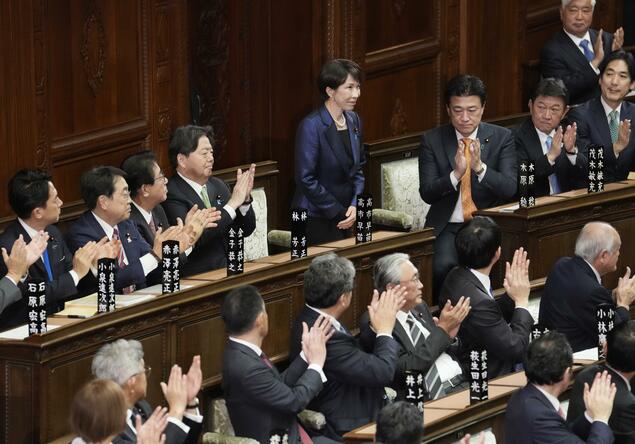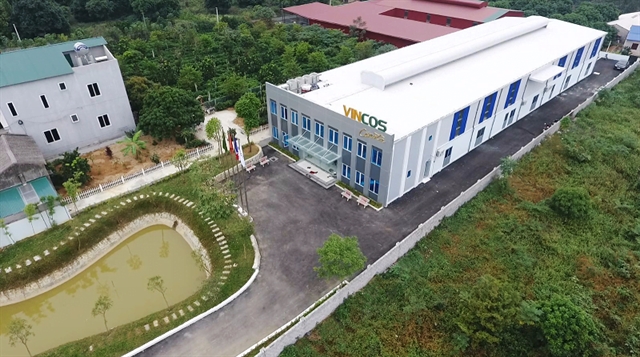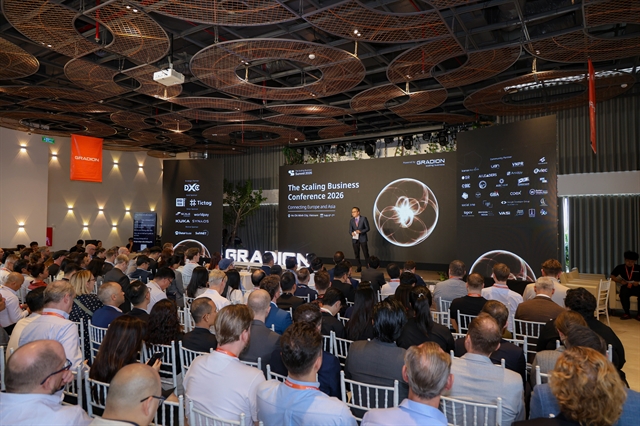 Economy
Economy
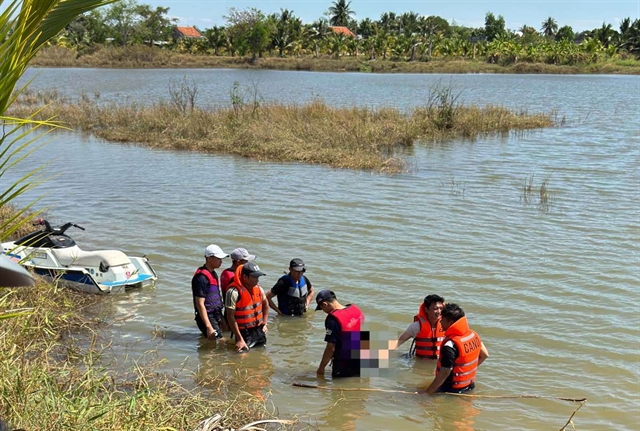
The Việt Nam Oil and Gas Group (PVN) needs to master oil and gas exploration and exploitation at home and abroad to help ensure national energy security and be an economic leader in the country, Deputy Prime Minister Trương Hòa Bình has said.
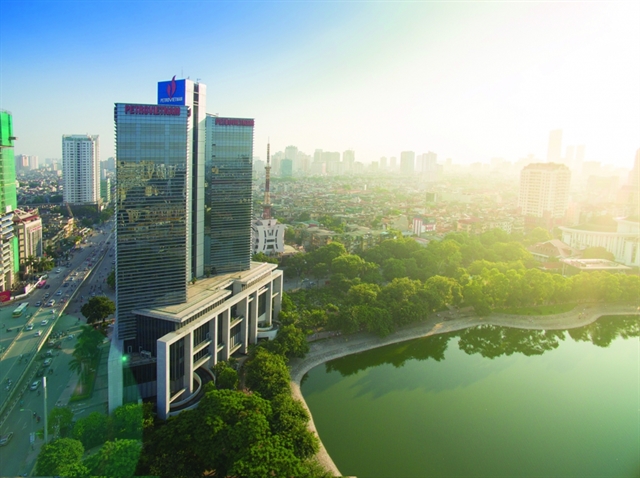
|
| PVN plays a very important role in the country's industrialisation and modernisation process and the protection of the country’s sovereignty. — Photo pvn |
HÀ NỘI — The Việt Nam Oil and Gas Group (PVN) needs to master oil and gas exploration and exploitation at home and abroad to help ensure national energy security and be an economic leader in the country, Deputy Prime Minister Trương Hòa Bình has said.
Bình was speaking at a meeting to celebrate the 45th anniversary of the establishment of PVN in Hà Nội on Thursday.
He said PVN is one of the economic pillars of the country, acting as a macroeconomic regulation tool of the Government and making an important contribution to the State budget.
Bình said PVN has deeply integrated into the global market with a team of talented scientists and staff and skilled technical workers. PVN has played a very important role in the country's industrialisation and modernisation and the protection of the country’s sovereignty.
“PVN has become a large oil and gas group of Việt Nam and the region with many important oil and gas factories and projects in the country, owning State assets worth nearly US$40 billion and more than 60,000 employees. There are many excellent experts have met international requirements, who have replaced foreign experts from technical work to management,” Bình said.
General Director of PVN Lê Mạnh Hùng said from 2015 to now, PVN has accounted for 9-11 per cent of total State budget revenues and 10-13 per cent of the country's GDP on average annually.
The rate of consolidated profit after tax reached 15.8 per cent of charter capital in 2010-19, while total consolidated assets as of December 31, 2019, were VNĐ861.4 trillion ($36.97 billion).
Hùng said 2015-20 was a period full of difficulties and challenges for PVN. A series of crises of oil prices at the end of 2015 lasted until the beginning of 2018, and especially the "double crisis" from the beginning of this year due to the impact of the COVID-19 pandemic and low oil prices, have harmed the group.
“With the spirit of solidarity and determination of the leaders and employees of the entire group, PVN still achieved many encouraging results, making important contributions to the economy,” Hùng said.
Thanks to maintaining the pace of production, he said the group’s total revenue reached VNĐ372 trillion in January-August, nearly 50 per cent of the 2020 goal. The group contributed more than VNĐ44 trillion to the State budget in this period and made a profit of more than VNĐ10 trillion.
“This is a remarkable result in the context that the eight-month average oil selling price was $44.2 per barrel, much lower than the target price and the same period of last year. The group's business results are profitable, ensuring uninterrupted cash flow.”
Hùng said to achieve such results, as soon as the pandemic became serious, the group developed and implemented plans to cope with impacts, focusing on management, finance, investment, marketing and mechanisms and policies.
PVN has completed the equitisation of all its affiliates on the list of enterprises to be equitised in 2017-20, including PetroVietnam Power Corporation (PVPower), PetroVietnam Oil Corporation (PVOIL) and Bình Sơn Refining and Petrochemical Company Limited (BSR). All have completed the registration for share trading on the UpCom and Hồ Chí Minh Stock Exchange. As a result, the group has collected VNĐ16.44 trillion.
Hùng pointed out a series of difficulties facing PVN, with the Petroleum Law slowly being revised, difficulties in the market, financial and human resources and investment activities, in addition to problems in the implementation of some projects.
In response, Deputy Prime Minister Bình assigned ministries and branches to study and recommend proposals to authorised agencies for consideration and approval.
Bình also set tasks for PVN, requesting it implement the national strategy for sustainable development of the marine economy to 2030, with a vision to 2045; improving the quality of corporate governance and implementing corporate restructuring; and having appropriate operating solutions to meet domestic consumption demand, ensure energy security and efficiency in petroleum production and trading.
He assigned PVN to develop solutions to attract foreign direct investment and capital from other economic sectors to invest in the group's projects.
“The Government, the State Capital Management Committee at Enterprises, the Ministry of Industry and Trade, and other ministries and sectors will continue to accompany and actively support PVN, especially oil and gas exploration and exploitation projects and the State's key projects on oil and gas that the group is implementing,” Bình said. — VNS

